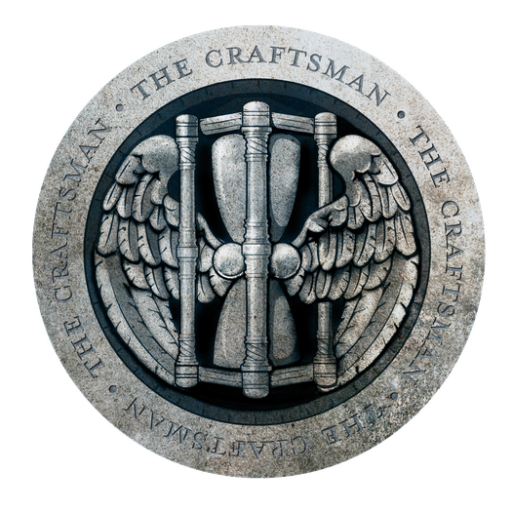What is Freemasonry?
What Does Freemasonry Mean to me?
What Do I Mean to Freemasonry?
Brian T. Evans Jr. , Past Master, Lexington Lodge No. 1
Papers Night – William O. Ware Lodge of Research
May 30, 2019
What is Freemasonry ?
We all know that Freemasonry is a Fraternity. The word fraternity is derived from the Latin word “Frater” which means “brother” or “brotherhood.” We have each taken an oath giving us the right to regularly come together in private and call each other brothers within our adopted family. There have been hundreds of fraternal organizations established in our country’s history however most have failed to keep the attention and interest of their members and have eventually disappeared or transformed into casual forms of “organizations” “clubs” and “student fraternities.”
I believe Freemasonry is not going anywhere anytime soon, and it will likely always be around as THE fraternal organization for generations to come. However, unless the majority of our brethren shift their thinking and actions, then I believe our Fraternity will also become a statistic and will transform into nothing more than another casual club of men seeking an occasional break from the outside world to mingle with friends for a few hours and call each other brother. A “club” that we are at risk of transforming into, is more often than not led by self-appointed and self-righteous men, most with good intentions, however most also seeking personal success and direct or indirect forms of respect and individual financial gain.
Let me be clear, I am all for personal success and financial gain…in the real world of business that is. But this should never be the motivating pursuit of anyone in Grand Lodges, Chartered Lodges, or Stated Communications. Freemasonry, although defined as a fraternity was originally meant to be much more than just a Fraternity. I know men who are not Freemasons that would make better “Freemasons” then some in our fraternity and my guess is, if you thought about it, you probably do to. Any man can request to join our Fraternity, and most will be welcomed with open arms due to the fact that a new member also brings with it a new dues paying subscription. However just because one is allowed to wear a square and compass ring or lapel pin does not mean they are a good Freemason. It simply means they are members in our fraternity.
I believe freemasonry is not just something we belong to, but rather it is a structure that provides unity, education that encourages thought, and accountability that provides support for a family of men seeking more out of life than any financial currency could ever provide. Freemasonry is a representation of who someone is inside and someone we are always striving to improve upon on a daily basis. Freemasonry is about self-improvement, and the coming together of men of character for a purpose greater than anything imaginable by the mind and the ever-longing pursuit of acceptance by God.
What does Freemasonry Mean to me?
To me personally, I view the activities of Freemasonry as a ritualistic “practice” that helps to prepare me for my daily life. Just as athletes practice to win against their opponents, we too must practice to win against our own opponents in the outside world. And most of the time, our primary opponent is the one that looks back at us in the mirror every day.
By doing the little things such as making the commitment to attend lodge twice a month we are training ourselves to show up, on time, well dressed, well-rehearsed, to practice the habit of self-discipline, and contemplate techniques for self-improvement so that we may strive to be exceptional in the outside world.
Here is a brief list of items on what Freemasonry means to me:
- Being a good person.
- Telling the truth.
- Working hard.
- Keeping your word.
- Being someone that others can count on in need.
- Communicating well with others.
- Having a teachable mind.
- Being a gentleman and have good manners.
- Respecting others even if you disagree.
- Acting mature and professional.
- Being on time.
- Be humble and graceful.
- Accepting full responsibility and accountability for your mistakes.
- Facing your fears in life and help others overcome theirs.
- Maintaining a good appearance.
- Surrounding yourself with other good people.
- Thinking before you speak, and when someone else speaks, listen.
- Following your desires as long as they are good.
- Creating the habit of rendering more service than what is expected of you.
- Maintaining faith and courage in what you believe.
- Never giving up trying to reach new goals.
- Doing your best and letting God do the rest.
